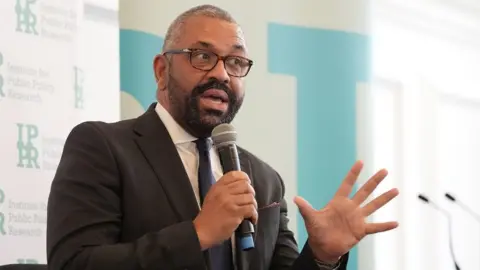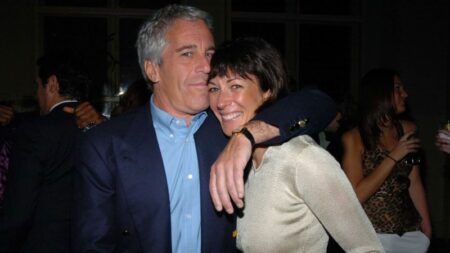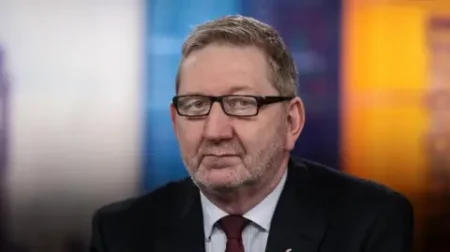Kemi Badenoch, the Conservative Party leader, is making notable adjustments to her shadow cabinet in a bid to enhance its visibility and effectiveness, particularly as the party wrestles with its diminished status following last year’s general election. With only 120 MPs remaining, the Conservative Party is tasked with rebuilding its image and re-engaging voters. Badenoch’s subtle yet deliberate reshuffle comes after eight months into her leadership, during which the party has struggled to establish a significant public presence.
One of the primary reasons for this recent reshuffle can be traced to the resignation of Edward Argar from the position of shadow health secretary. His departure was anticipated due to health concerns and was officially confirmed this morning. The health secretary role, being crucial, could not remain vacant, and Badenoch aimed to bring fresh perspectives to her top team before Parliament breaks for the summer recess. This moment of change also provides an opportunity for revitalizing the party’s approach and strategies moving forward.
A key feature of this cabinet reshuffle is the return of Sir James Cleverly to the Conservative front bench. Known as a compelling communicator within the party, his appointment to shadow the Secretary of State for Housing, Communities and Local Government, Angela Rayner, marks a strategic choice. Rayner also holds the role of deputy prime minister, indicating Badenoch’s prioritization of the housing sector and the necessity to confront Rayner directly in the Commons. Cleverly’s centrist stance on issues, particularly his skepticism regarding proposals to leave the European Convention on Human Rights, positions him uniquely within a party divided on this topic. His influence may be crucial as the Conservative Party navigates internal reviews concerning its future direction.
In addition to Cleverly, other shifts in personnel include Kevin Hollinrake stepping into the role of Conservative Party chairman, while Stuart Andrew is set to take over the shadow health brief. Although Badenoch’s adjustments appear limited in scale, they reflect a conscious effort to assert authority and rejuvenate the leadership team. Mel Stride remains as shadow chancellor alongside Robert Jenrick, who will continue his role as shadow justice secretary. Jenrick, known for his social media savvy and outspoken nature, has sparked inquiries about his aspirations regarding leadership opportunities within the party. Badenoch has, however, repeatedly brushed off questions regarding Jenrick’s political ambitions, affirming her belief that members should engage in broader discussions beneficial to the party’s image.
As the Conservative Party navigates its current position, often viewed as third or even fourth in national opinion polls, it is apparent that garnering public attention is an essential goal. Cleverly’s ability to command headlines, as evidenced by his impactful presentations at party conferences, represents a potential avenue for revitalizing interest in the party. Badenoch may need to confront the realities of managing her former leadership candidates, as their rise within the party could pose both opportunities and challenges for her role as leader.
In conclusion, Kemi Badenoch’s reshuffle of the shadow cabinet serves as a strategic maneuver to enhance both the visibility and effectiveness of the Conservative Party as it faces recovering electoral fortunes. With key appointments and adjustments, Badenoch hopes to instill renewed confidence within her ranks while simultaneously addressing public concerns and solidifying her leadership in a challenging political landscape.










